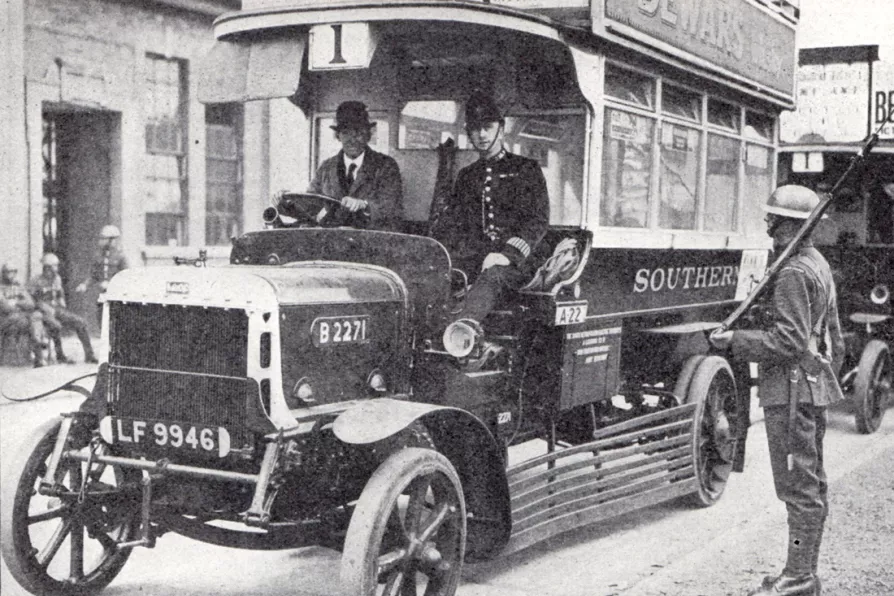Data on regional deprivation in England shows us an unequal society, but what to do about it remains unanswered argue ROX MIDDLETON, LIAM SHAW and MIRIAM GAUNTLETT

 Troops on guard at a bus station; each bus had a police escort during the strike
Troops on guard at a bus station; each bus had a police escort during the strike
ONE HUNDRED years ago, on January 27 1919, workers in Scotland struck work to secure a 40-hour week. The strike was called by the Scottish Trade Union Congress, Glasgow Trades and Labour Council — then one of the biggest in Britain with 200 delegates — and the Clyde Workers Committee representing the shop stewards’ movement.
It was a political strike. It demanded action by the government to limit hours of work — and thereby to create more jobs and halt the return of mass unemployment. Millions of men were being discharged from the army and tens of thousands of women from the munitions factories.
The longer-term objective was to protect the bargaining power which trade unionists had built up during the full employment of the war years and particularly the power of the shop stewards’ movement.

NICK TROY lauds the young staff at a hotel chain and cinema giant who are ready to take on the bosses for their rights

Corbyn and Sultana’s ‘Your Party’ represents the first attempt at mass socialist organisation since the CPGB’s formation in 1921, argues DYLAN MURPHY

White racist rioting has many an infamous precedent in Britain, writes DAVID HORSLEY











